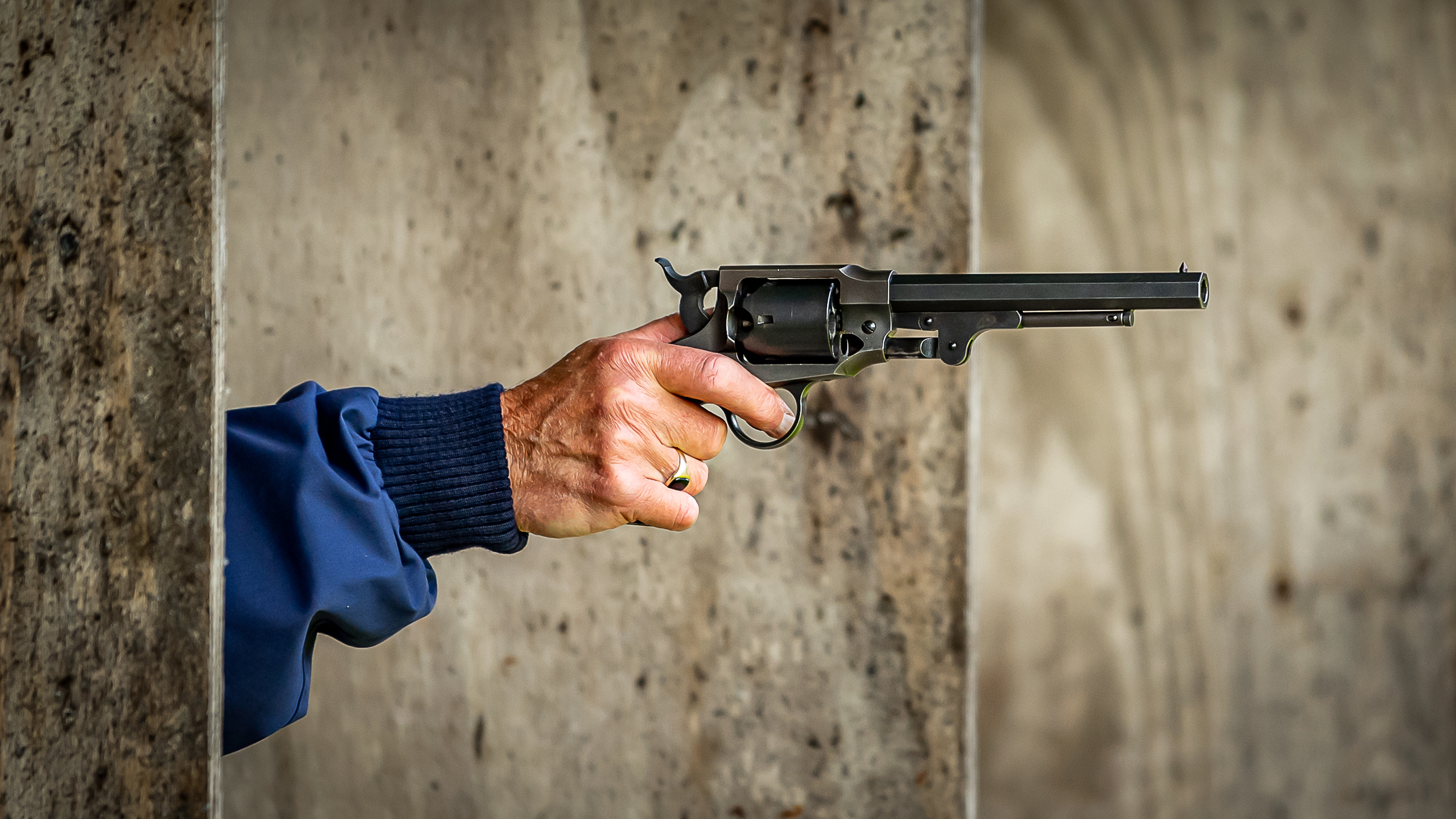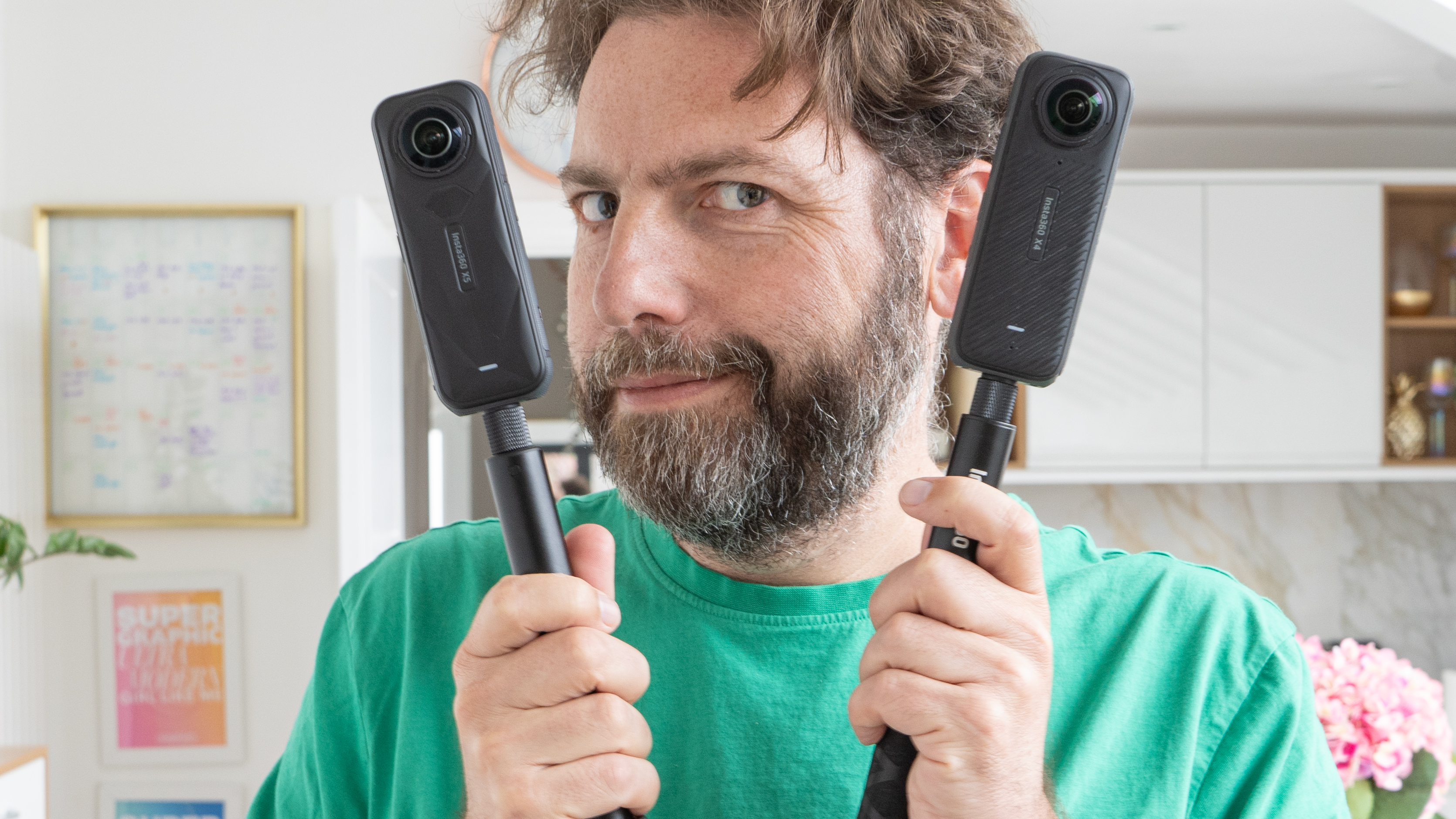"What if you were only allowed to use a camera if you have a license? You need one for a gun…"
Cameras should be licensed the same way guns are, says Oscar-nominated director

Cameras are so powerful that should be licensed the same way guns are, insists an Oscar-nominated director.
"I have an idea," filmmaker Ruben Östlund tells The Guardian. "What if you were only allowed to use a camera if you have a license? You need one for a gun – at least in sophisticated countries. The camera is also a powerful tool."
Östlund isn't just being provocative. The Swedish director – who was born in Gothenburg, the home of Hasselblad cameras – is a producer of the documentary Fantastic Machine, which recently premiered at Sundance where it won the special jury award.
The film challenges the role of the camera in modern society, contrasted to how the technology has been traditionally used throughout history – and, indeed, what it may initially have been invented for.
In the trailer for the film (see bottom of article), we are met with a quote from author Elizabeth Eastlake: "The camera's purpose is to give evidence of facts, and every photograph becomes an authentic chapter in the history of our world."
The trailer juxtaposes the creation of the camera – "a new invention that registers what the human eye is unable to see", providing incontrovertible proof that all four of a horses' legs leave the ground when running – with the junk food video content that the technology has been reduced to, thanks to social media.
"We now have in our pockets a fantastic opportunity to convey human experience," added co-director Axel Danielson, "yet every day you see something online that makes you think: is this really the best we can do? I don’t think humanity has really matured enough in how we use this."
Get the Digital Camera World Newsletter
The best camera deals, reviews, product advice, and unmissable photography news, direct to your inbox!
It is this world, where the image has replaced the word as the currency of information, that causes Östlund to question the responsible use of cameras. "All of a sudden we are leaving text-based society and going to the image-based society and the old-school system is not as valued any more."
The whole interview is a fascinating one, touching on everything from the role of cameras in framing the conflict in Israel and Gaza to the fact that almost every video these days is sponsored or monetized. I highly recommend giving it a read.
You might be interested in the best cameras for filmmaking, or perhaps you're more interested in the best cameras for TikTok.

James has 22 years experience as a journalist, serving as editor of Digital Camera World for 6 of them. He started working in the photography industry in 2014, product testing and shooting ad campaigns for Olympus, as well as clients like Aston Martin Racing, Elinchrom and L'Oréal. An Olympus / OM System, Canon and Hasselblad shooter, he has a wealth of knowledge on cameras of all makes – and he loves instant cameras, too.
